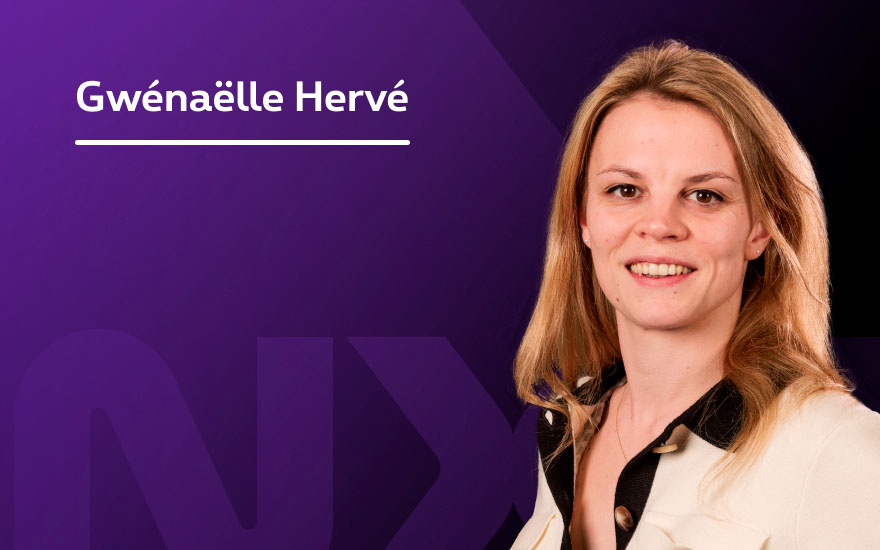What are the different types of sovereign cloud?
Published on 09/10/2024 in Solution news
For many companies the public cloud is a barrier. European legislation has enforced a stringent framework for managing sensitive data. How can you be a smarter cloud user without giving American hyperscalers access to your data?

“Sovereign cloud offers a solution: you enjoy the benefits of the public cloud, while still meeting all the data security requirements,” says Gwénaëlle Hervé, Public & Sovereign Cloud Lead at Proximus. “At the same time, ‘the’ sovereign cloud does not exist. Cloud sovereignty relies on three elements: data, operational, and technology sovereignty. I would like to explain the differences using the examples of Microsoft Azure Secure Public Cloud and Google Disconnected Cloud, the two solutions we support at Proximus.”
The sovereign cloud does not exist. It depends on data sovereignty, operational sovereignty, and technology sovereignty.
Gwénaëlle Hervé, Public & Sovereign Cloud Lead at Proximus NXT
Data sovereignty means that you are the only one who can read your data. The provider – Microsoft or Google – does not have access to your data. Protection is ensured with encryption, not only during storage in the cloud, but also during transmission and use of the data. The encryption keys are not located with the provider itself, but at a different location. Microsoft and Google both meet the requirement of data sovereignty.
Thanks to sovereign cloud, you can enjoy the benefits of the public cloud and simultaneously keep your data in the European Union
Read more about the advantages in this white paper Opens a new window
Operational sovereignty is primarily about the administration itself. With Microsoft Azure Secure Public Cloud, Microsoft personnel perform the operational management. Google Disconnected Cloud is staffed by Proximus' subsidiary Proximus NXT Luxembourg. Google doesn’t have access to your sovereign cloud at that point – either digitally or physically. Only Google Disconnected Cloud can guarantee operational sovereignty.
Perhaps a better term for technological sovereignty is reversibility. The question is this: How quickly can you leave a sovereign cloud and take your data with you? You want to avoid being stuck with the same provider forever. Both Microsoft and Google guarantee smooth reversibility.
Microsoft Azure Secure Public Cloud is expected to become a mainstream solution over the next five years.
Gwénaëlle Hervé, Public & Sovereign Cloud Lead at Proximus NXT
Secure public cloud becomes mainstream
“Only Google Disconnected Cloud satisfies the conditions for the three types of sovereignty. In practice, we see that Google’s solution meets the requirements of organizations that handle secret data, such as military agencies or government agencies. As a result, it remains a niche product. Microsoft Azure Secure Public Cloud is expected to become a mainstream solution with a 70% market share over the next five years.”
“For the average Flemish company, Secure Public Cloud offers more than enough guarantees. Your data is guaranteed to be in the EU. And thanks to the extensive encryption, Microsoft never has access to your data. An additional advantage is that you can enjoy all the features of Microsoft Azure at the same time.”
Gwénaëlle Hervé, Public & Sovereign Cloud Lead at Proximus NXT.
